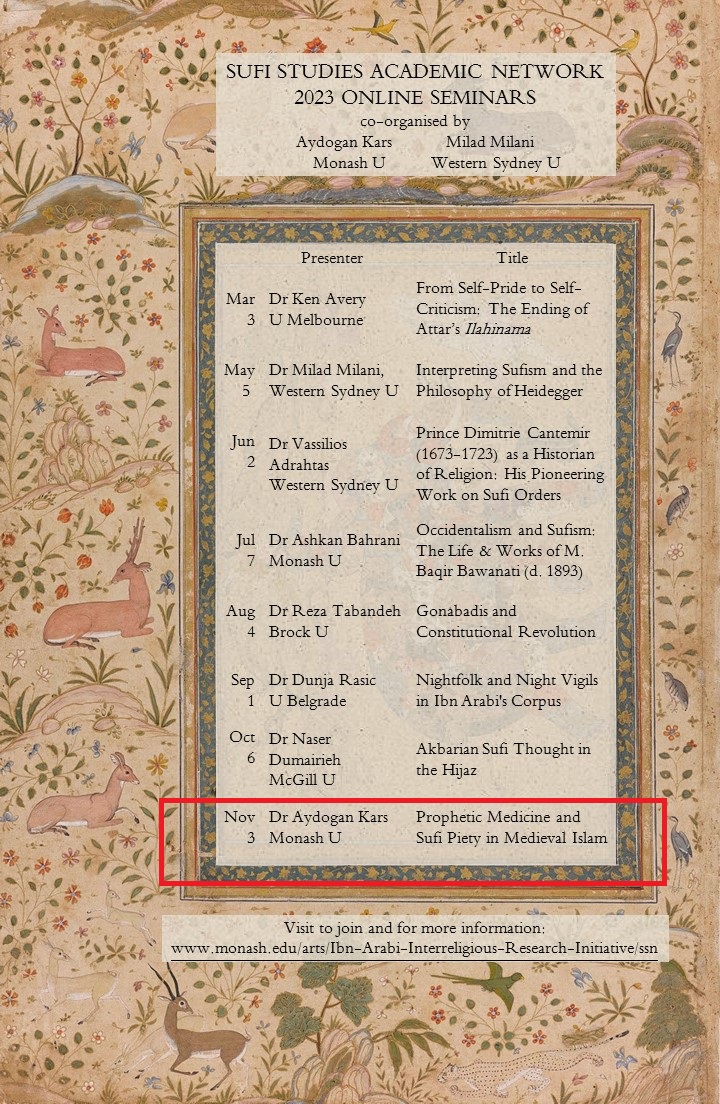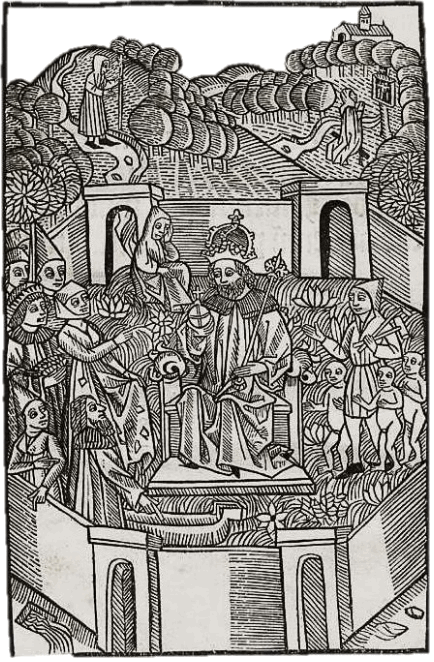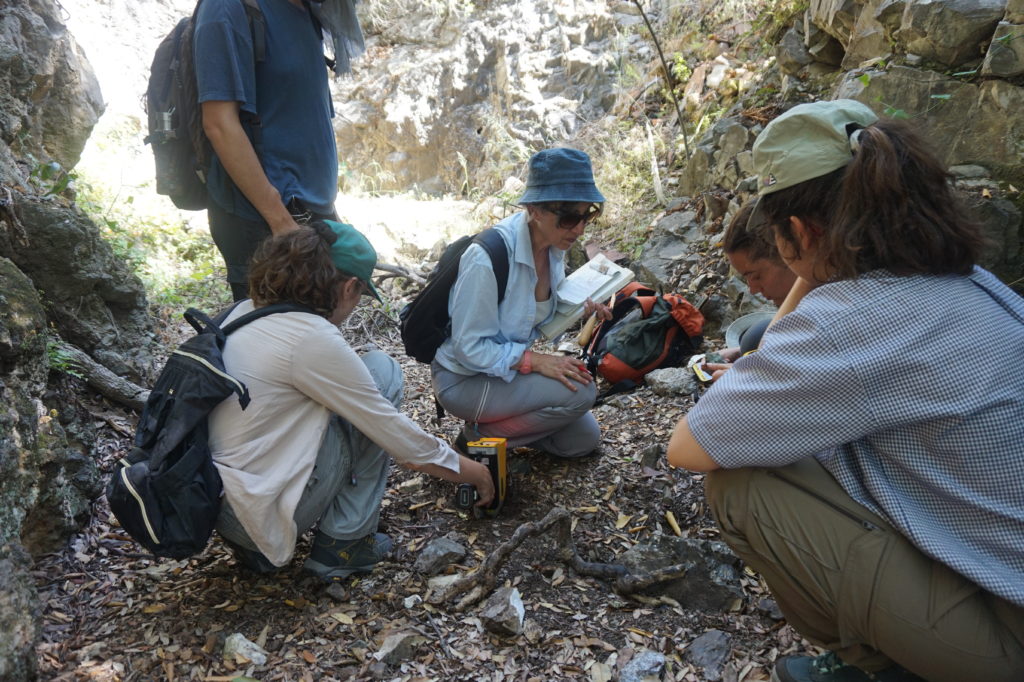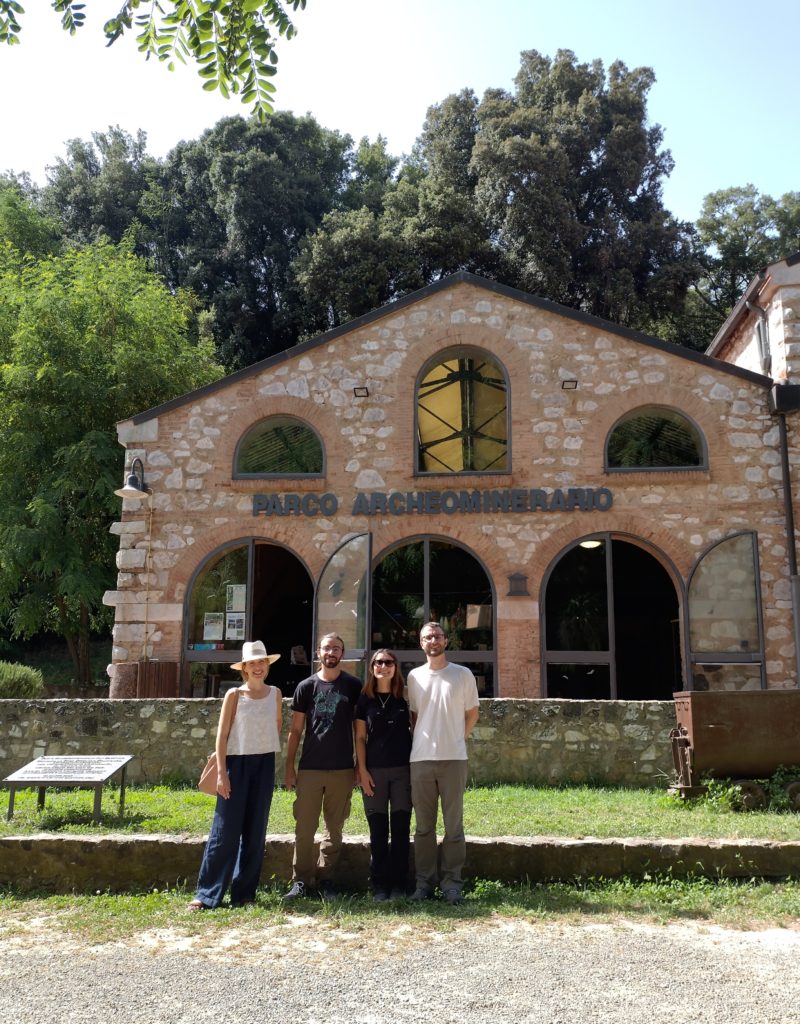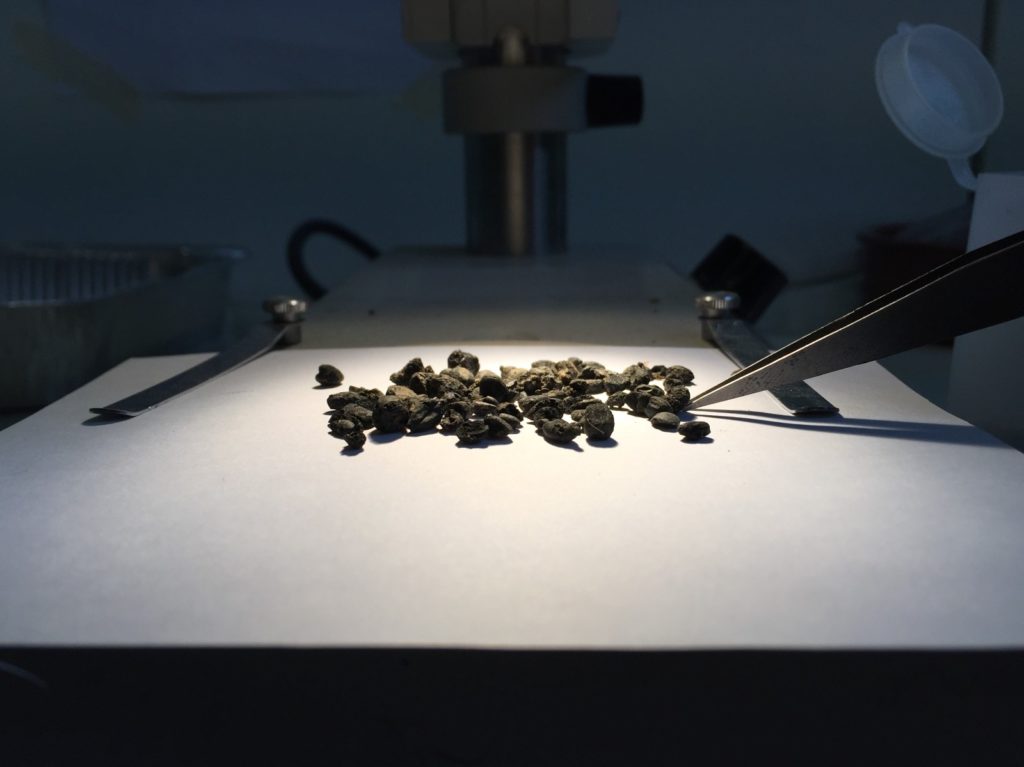MINESCAPES: Socio-natural Landscapes of Extraction and Knowledge in the Middle Ages and the Early Modern Period.
Call for Applications 2024 PhD Summer School – MINESCAPES.
Application Deadline: 15 January 2024
Summer School Dates: 31 May – 10 June 2024
Conveners:
Tina Asmussen, Assistant Professor, Early Modern Mining History at Ruhr University and Head of the mining history research unit at the German Mining Museum Bochum, Germany.
Pamela H Smith, Seth Low professor of History and founding Director of the Center for
Science and Society at Columbia University and the Making and Knowing Project, USA.
Subject Fields include:
- History
- Art History
- Literature
- Archaeology
- Anthropology
- Human and Physical Geography
- Geology
- Earth and Environmental Sciences
- STS
- Environmental Humanities
The Summer School brings together students and scholars interested in approaching the history and dynamics of mining landscapes from a collaborative, interdisciplinary perspective across the humanities, earth sciences, and social sciences.
Our project lead, Monash University’s Professor Guy Geltner, will be one such scholar participating in the Summer School. Geltner is an environmental historian working on the history of preindustrial mining, with a special focus on the impacts of pollution and on health, and the mitigating actions (or healthscaping) that mining communities took to their challenges (his latest article, as of writing, here). Tina Asmussen, the convenor for this Summer School, has also assisted and advised in previous projects with our team, including our 2023 Monash-funded project on the history of health and pollution in preindustrial mining case studies. We are very happy to be involved with the MINESCAPES Summer School and its incredible scholars.
This is an exciting opportunity for PhD students interested in socio-natural landscapes and innovative interdisciplinary methodologies to get your hands dirty with very keen and curious scholars of preindustrial extractive industries.
The latest, detailed information about the Summer School proper, and the application process, can be found in the PdF link below:
Call for Applications 2024 PhD Summer School – MINESCAPES.

Students at the entrance of Medieval mine in Manienti Valley, Italy, as part of a geochemical research campaign headed by Professor Luisa Dallai from the University of Siena (Photo: Serena Viva)


